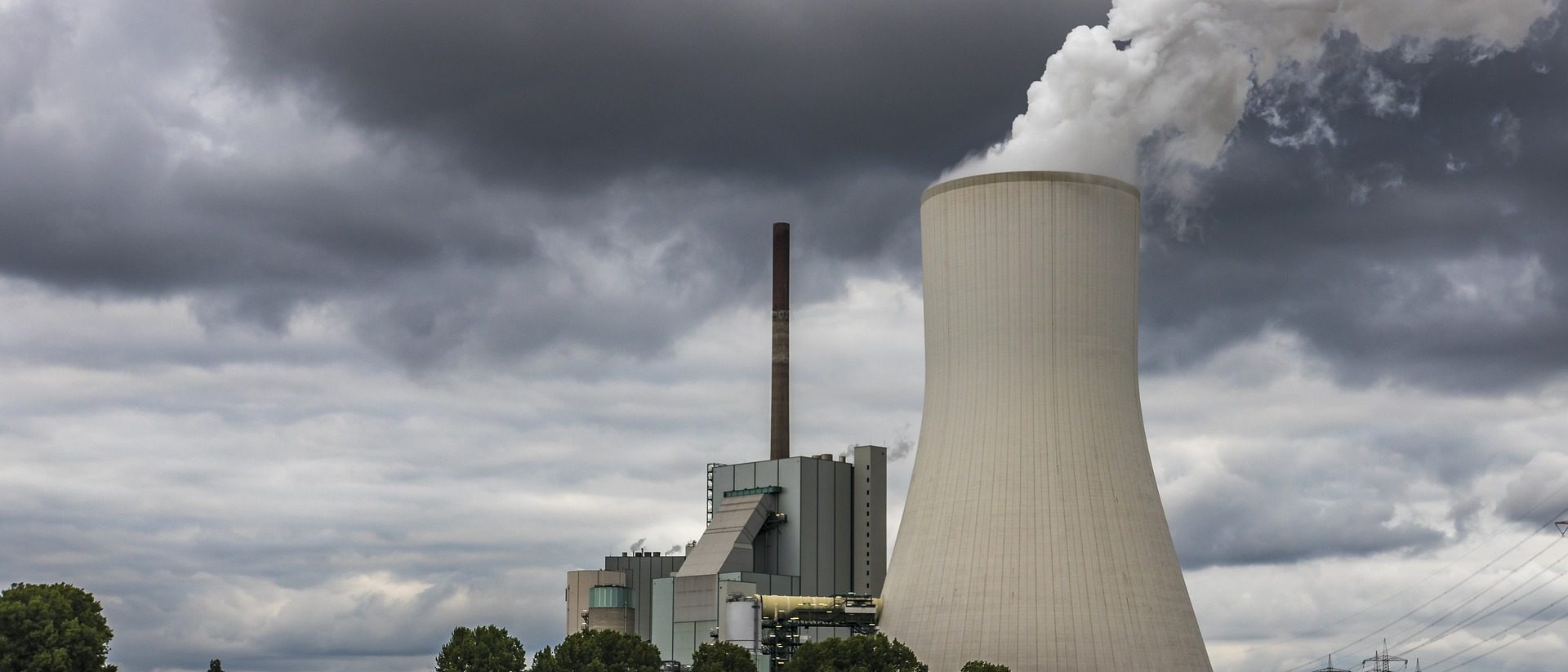- Plans do not include measures for climate change-limiting carbon capture.
- Would make the UK more dependent on the fossil fuels that caused soaring energy bills.
- Government also launches second review of electricity market arrangements (REMA) consultation.
The Association for Renewable Energy and Clean Technology (REA) is concerned that the Government’s targets to decarbonise power by 2035 are in jeopardy following announcements to support the building of new gas power plants.
To make matters worse, the plants will not attempt to limit emissions at all as they will not be built with carbon capture technology.
The REA is disappointed to see Prime Minister Rishi Sunak and Secretary of State Claire Coutinho describe these measures as enhancing energy security, when these plans will only continue the country’s reliance on fossil fuel imports, the very same issue that caused huge spikes in energy bills in the first place.
Regarding the REMA consultation, the REA notes the fairly open nature of the consultation, but welcomes progress on the programme and the continued focus on making the energy system work better for consumers, while focussing on decarbonisation.
The REA also welcomes the move to discount nodal pricing, a split market, or green power pool, as very disruptive to investment. It is important all the various market changes underway are considered in the round to avoid anything being overlooked.
Frank Gordon, Director of Policy, REA (Association for Renewable Energy and Clean Technology) said:
“While we welcome the chance to engage with the next stage of REMA reform, every pathway to Net Zero is clear – the sooner we wean ourselves off unabated fossil fuel gas the better. While the CCC do state that running unabated gas for 2% of the time by the mid-2030s will technically be compliant with Net Zero trajectories, it begs the question of why to build them in the first place when there are viable alternatives that could be utilised more. They will be expensive backups that could just as easily be provided by green options, including bioenergy with carbon capture; a considerable expansion in biogas and electrolytic (clean) hydrogen; alongside an ambitious energy efficiency programme, and ramping up the use of energy storage and other flexible technologies.
The misguided argument that building new unabated fossil fuel gas plants will be the answer to the energy security crisis – caused by our reliance on this exact energy source – is short sighted and does not face up to the very real challenges the UK will face should Net Zero targets not be met.

